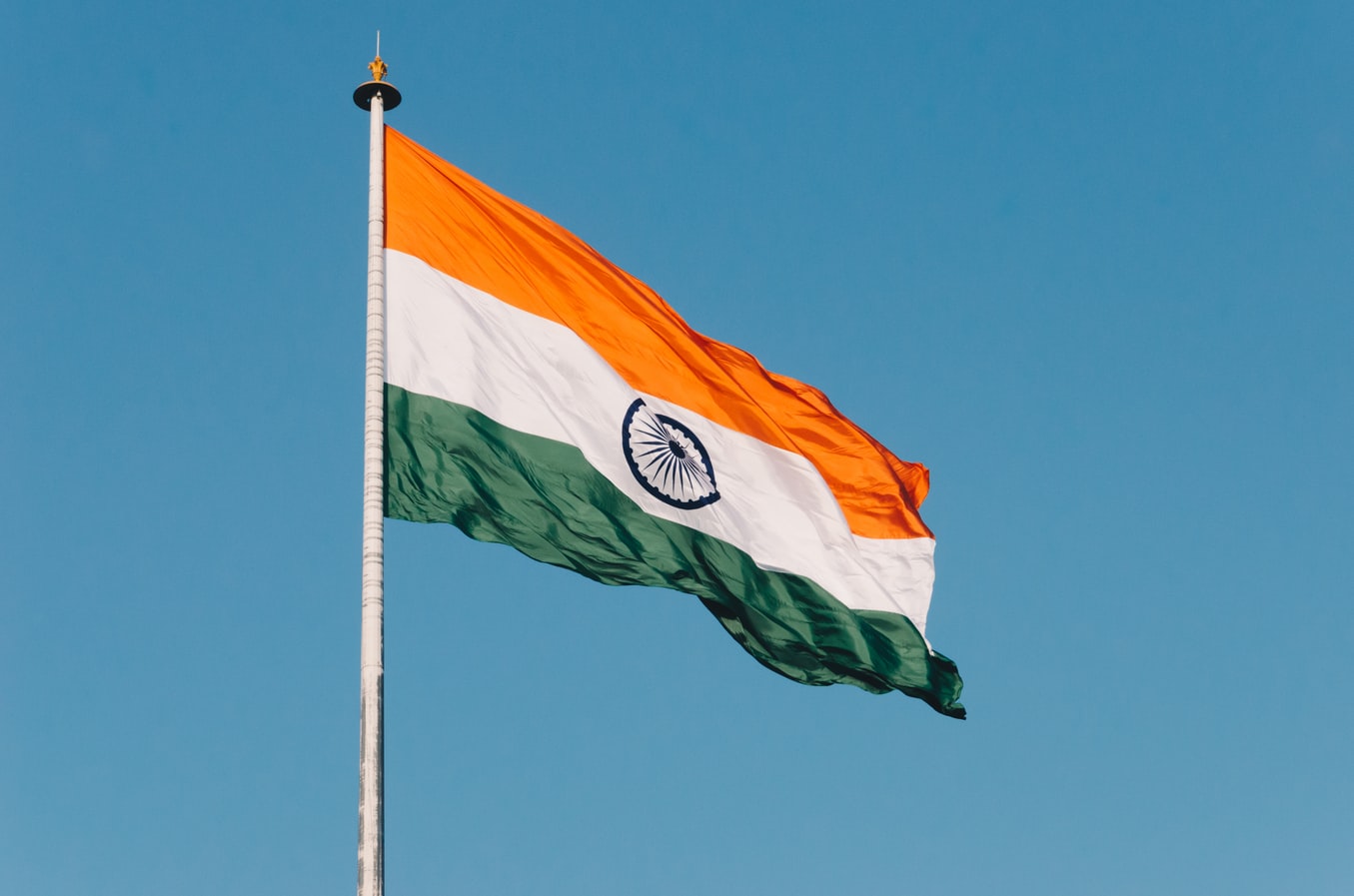India’s Central Bank Proposes New System to Simplify Global Payments
28.08.2024 18:00 1 min. read Alexander Stefanov
The Reserve Bank of India (RBI) has proposed creating a versatile system for international payments to enhance global interoperability.
With the rise of rapid payment systems and experiments in central bank digital currencies (CBDCs), there are new opportunities to make cross-border transactions more efficient.
RBI Governor Shaktikanta Das emphasized the importance of integrating interoperability into these systems for maximum efficiency. He acknowledged that a significant challenge is the tendency of nations to develop systems based on their own needs.
To address this, Das proposed a “plug-and-play” model that would allow for system replication while respecting each country’s sovereignty.
India is already advancing towards developing such a system to support international collaboration. Das also highlighted the need for traditional payment systems and CBDCs from different countries to work seamlessly together.
Despite progress in wholesale payments, Das noted that retail cross-border transactions still face delays and higher costs due to multiple layers of processing. Efforts to improve efficiency in this area remain a priority for G20 countries and global financial institutions.
India, which began its G20 presidency in December 2022, is also working on a major consultation paper on cryptocurrency legislation, expected to be released in the coming months.
-
1
Fortune 500 Embrace Stablecoins as Adoption Surges Across U.S. Businesses
11.06.2025 19:00 2 min. read -
2
Elon Musk’s X Prepares to Enter the Fintech Arena
20.06.2025 13:00 1 min. read -
3
China Pushes Digital Yuan Expansion as Global Currency Power Shifts
19.06.2025 17:00 1 min. read -
4
Fiserv to Launch FIUSD Stablecoin Across Its Massive Banking Network
23.06.2025 21:00 1 min. read -
5
Mastercard Integrates Chainlink to Power Direct Crypto Access for Cardholders
25.06.2025 18:00 1 min. read
Coinbase to Launch U.S. Perpetual-Style Futures on July 21
Leading crypto exchange Coinbase (COIN) is set to launch perpetual-style futures contracts in the United States starting July 21, becoming one of the first regulated entities to offer a product that closely mirrors globally popular offshore perpetuals.
Robinhood Expands Crypto Futures With XRP and Solana Micro Contracts
Zero-commission brokerage Robinhood has expanded its cryptocurrency futures offerings by launching micro futures contracts for XRP, Solana (SOL), and Bitcoin (BTC).
GF Securities Becomes First in Hong Kong to Issue Tokenized Securities On-Chain
In a landmark move for the city’s digital asset strategy, GF Securities (Hong Kong) has become the first securities firm in Hong Kong to issue tokenized securities fully on-chain via HashKey Chain.
BIS Slams Stablecoins, Calls Them Ill-Suited for Modern Monetary Systems
Stablecoins are failing where it matters most, says the Bank for International Settlements (BIS), which sharply criticized the asset class in its latest annual report.
-
1
Fortune 500 Embrace Stablecoins as Adoption Surges Across U.S. Businesses
11.06.2025 19:00 2 min. read -
2
Elon Musk’s X Prepares to Enter the Fintech Arena
20.06.2025 13:00 1 min. read -
3
China Pushes Digital Yuan Expansion as Global Currency Power Shifts
19.06.2025 17:00 1 min. read -
4
Fiserv to Launch FIUSD Stablecoin Across Its Massive Banking Network
23.06.2025 21:00 1 min. read -
5
Mastercard Integrates Chainlink to Power Direct Crypto Access for Cardholders
25.06.2025 18:00 1 min. read


